Pentas Flora, one of Malaysia’s leading Scheduled Waste Management Companies, held its inaugural roundtable discussion today at KL Wellness City, in Bukit Jalil, exploring how waste may be used as a catalyst for economic development in the ESG Agenda. This roundtable discussion was in collaboration with BMW Group Malaysia, Tindakan Strategi Sdn. Bhd., and Sunway Centre for Planetary Health, Sunway University, and was the first in a series.
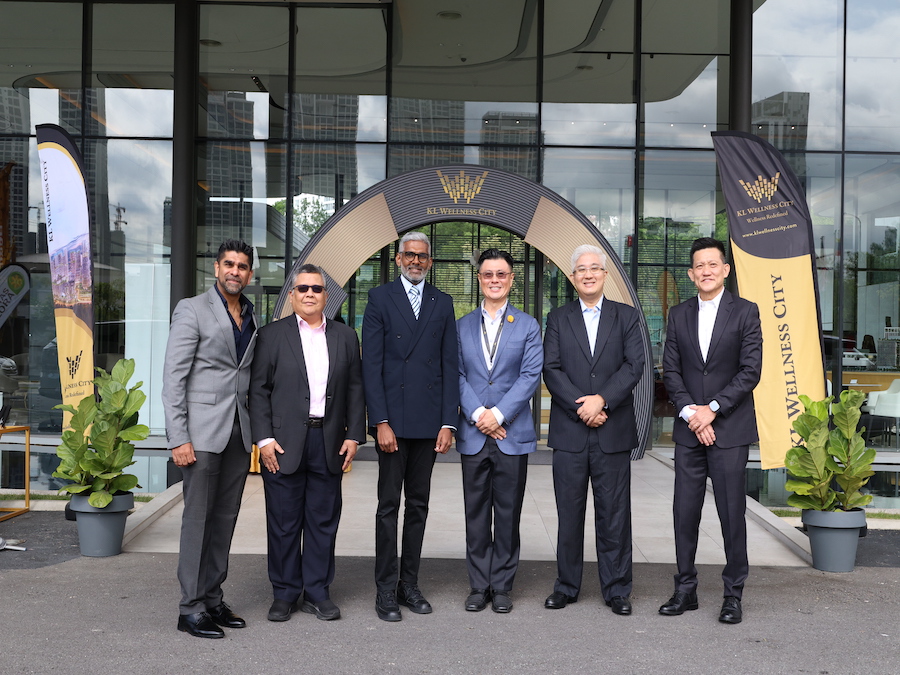
Oon Kin Seng, Group Executive Director of Pentas Flora Group, Sashi Ambi, Head of Corporate Communications and Sustainability of BMW Group Malaysia, Rizal Kamaruzzaman, Director of Tindakan Strategi Sdn. Bhd., andDr. Amir Hamzah, Adjunct Professor at Sunway Centre for Planetary Health Malaysia was among the distinguished panel of speakers. Gunaprasath Bupalan, Corporate Communications Consultant at Pentas Flora, moderated the discussion.
Following a brief welcome address by Oon and a video presentation by BMW emphasising their involvement in sustainability and regeneration agenda with strategic partners such as Pentas Flora, Car Medic, and others, the roundtable discussion began.
During the event, Gunaprasath highlighted that three of the most serious issues facing the globe today—the climate crisis, biodiversity loss, and social inequality—are all becoming worse at the same time. Consumers, employees, and society at large expect real solutions to these and other issues.
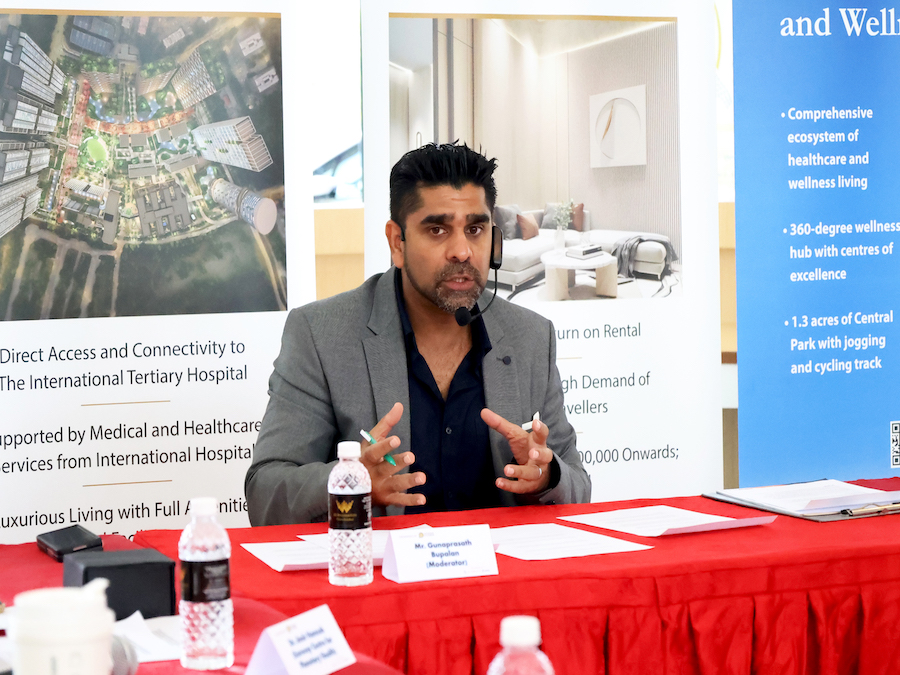
“Consequently, the importance of waste growth and improper management is also on the rise. Waste is inefficiency in the eyes of an investor, even one who has not yet realised the significance of sustainability or ESG. Harvard professor Michael Porter, made a statement in 1995 that pollution is often a form of economic waste. When waste, hazardous materials, or energy sources are released into the environment as pollution, resources have either been used improperly, inefficiently, or ineffectively. Additionally, businesses must carry out extra tasks that increase expenses but not benefit customers, like processing, storing, and disposing of wastes. Waste indicates something even worse for society in general and the environment in particular, such as the loss of biodiversity and, albeit indirectly, climate change”, Guna highlighted.
Waste management policies have evolved from simple informal policies to the Action Plan for a Beautiful and Clean Malaysia (ABC) in 1988, the National Strategic Plan for Solid Waste Management (NSP) in 2005, the Master Plan on National Waste Minimisation (MWM) in 2006, the National Solid Waste Management Policy in 2006, the Solid Waste and Public Cleaning Management Act (SWMA) in 2007, the Solid Waste Corporation Strategic Plan (2009-2013), and finally to the Tenth – Twelve Malaysian Plan which has articulated the Malaysian government’s commitment to sustainable waste management.
Rizal explained that, in order to explore more integrated waste management solutions, the government has extended the Green Technology incentive, which was launched in Budget 2014, through Budget 2020 to December 31, 2023. The Incentive is intended to encourage businesses to reconsider their strategy by combining waste management practices such as collection, storage, composting, and disposal with other key recycling, recovery, or waste treatment activities. According to Oon, more emphasis should be placed on the importance of waste management. “As simple as it is for some to blame the authorities for lax regulations, it is clear that the government has stepped up with various programmes to instil this need among Malaysians.”
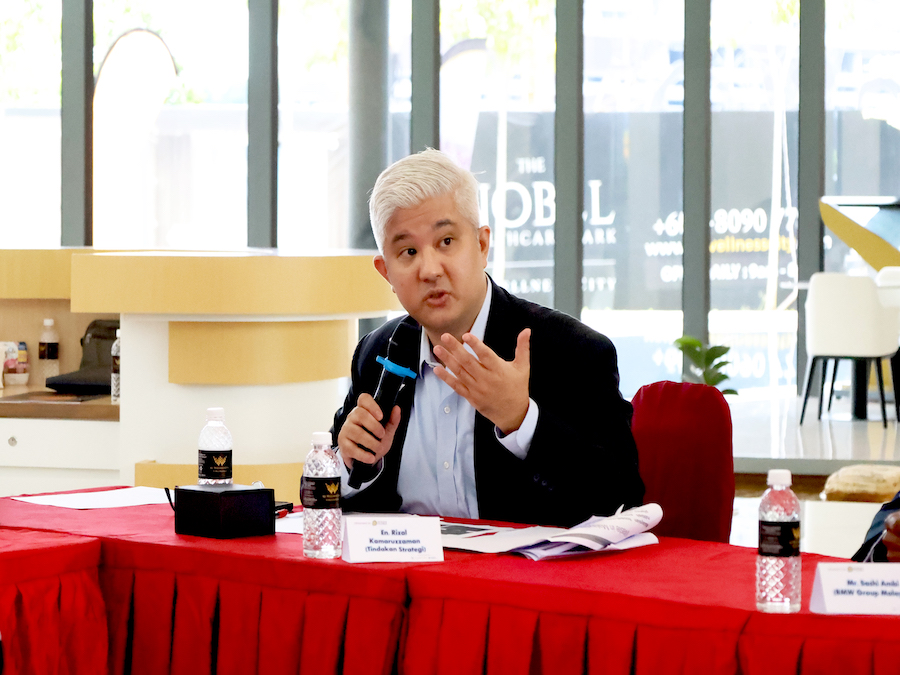
They have even begun to use drones to search for illegal waste sites. Before anything else, I believe we should start with self-awareness. It is critical to acknowledge that in order to rescue the environment, we must modify our attitudes towards recycling and repurposing waste,” stated Oon.

Sashi Ambi, Head of Corporate Communications and Sustainability of BMW Group Malaysia, expressed agreement with the idea of emphasising the significance of responsible waste management within the ecosystem of the automotive landscape. He highlighted the value contributed to the ecosystem through collaborations with key partners like Pentas Flora, who are already making positive contributions to the environment by repurposing fuels, lubricants and solvents from vehicles.
In addition to their impressive product portfolio, BMW Group Malaysia saels focused on building meaningful initiatives in sustainability and circularity with an aim to leave a profound impact on both people and the planet. Their active pursuit for innovative solutions and partners with the same vision reflect their position as leaders in the automotive space.
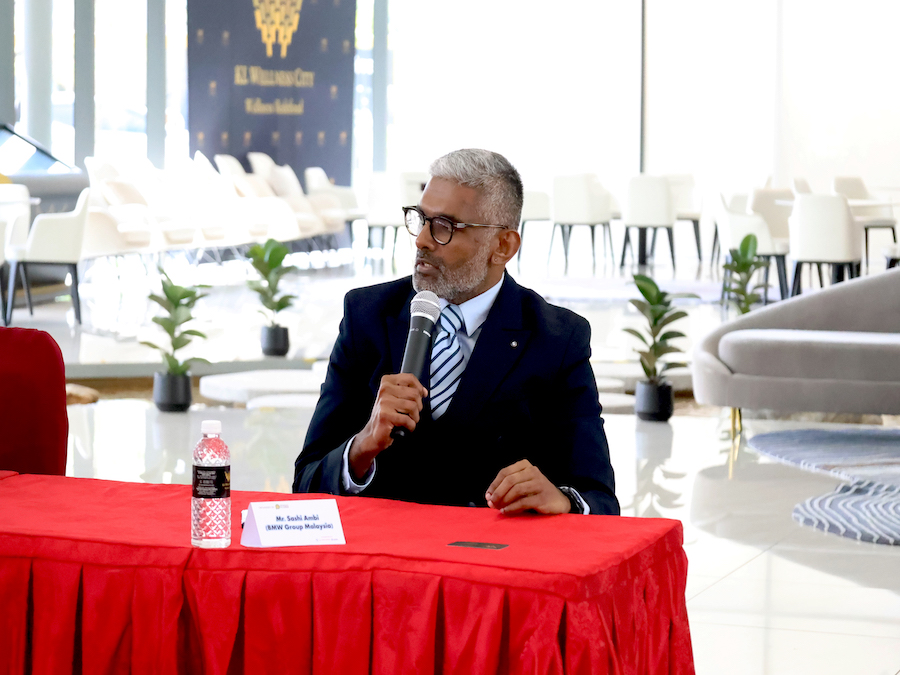
Dr. Amir noted that, as an allergy clinician, he has spent the last three decades researching the impact of environmental deterioration and climate change as the leading cause of allergies and autoimmune illnesses. “As a result, we recently proposed the epithelial barrier theory to explain why and how pollution and climate change have affected the immune system and thus its impact on body metabolism, leading to common non communicable diseases. This prompted me to conduct additional research on planetary health. Planetary health focuses on interchanges humans are making to their environment and its multidimensional impacts on ecosystems and human health. Planetary health acknowledges that human health and the health of our planet are inextricably linked. The Health Of The Earth has a direct impact on all aspects of human life, including community well-being, mental health, food production and consumption, and even our potential to establish equity in society. We are not in good health right now,” Dr. Amir stated.
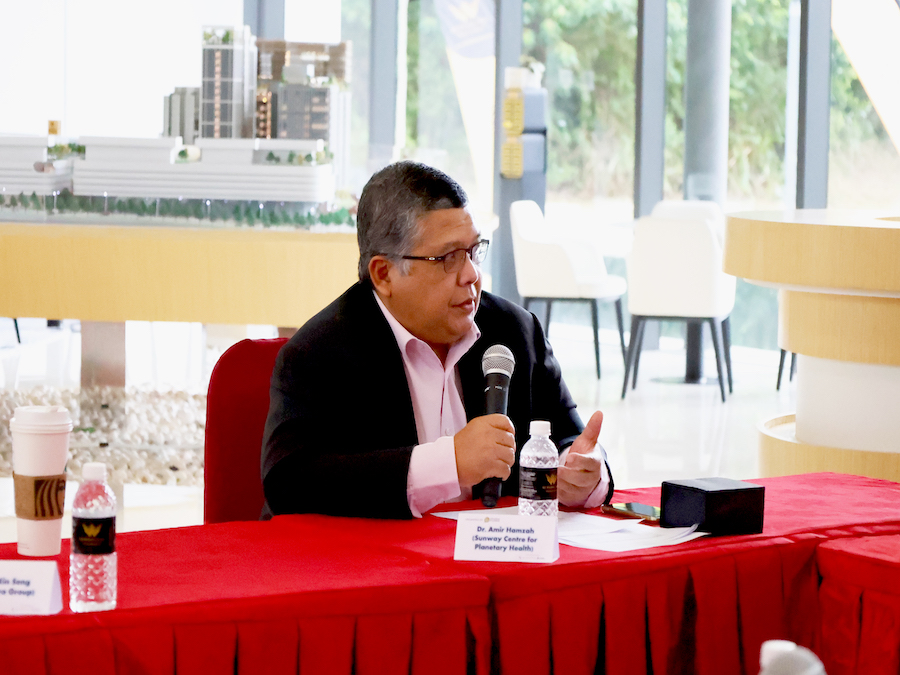
The panellists provided numerous insights as well as proposals for development in order to achieve the country’s aim of zero-net carbon by 2050. It was also clearly emphasised that waste should not be regarded as a waste resource, but rather as an oil source to fuel the economy.
Their diverse viewpoints aided in making this Roundtable Discussion on “From Pollution to Prosperity: Harnessing Waste as a Catalyst for Economic Transformation in the ESG Agenda” informative and thought-provoking.
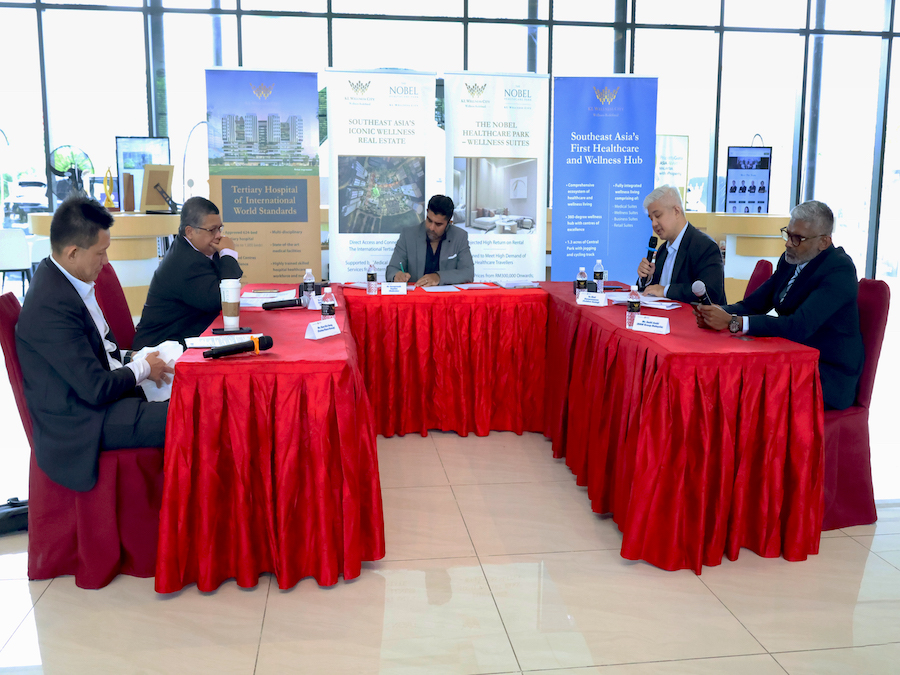
Source: Pentas Flora

